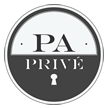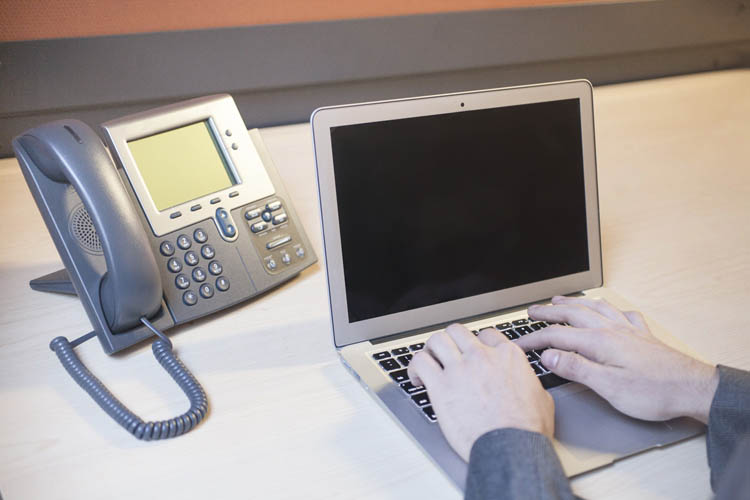Click through if you need advice with personal assistant interview questions or PA interview questions.
So, here are some top tips for doing well in a phone interview:
Use a land line
Be wary of cell phones. You don’t want static or a dropped call to mar the interview.
Be prepared.
Before the call, go to the employer’s website and, at a minimum, read their “about us” section. Don’t leave the Web site until you can answer these questions: What does this organization do? What are they all about? What makes them different from their competition?
Dress for the part.
Many seasoned recruitment experts recommend dressing up. Consider getting dressed up for your interview, even though no one will see you. When there’s a risk of sounding too casual or unprofessional on the phone, dressing up a little can actually change how you sound.
Listen!
Whenever your interviewer is speaking, do not interrupt them. Wait for them to ask the whole of the question before jumping in with an answer to show that you have good listening skills.
Be focused.
When taking the call, be sure you are in area where you can speak without interruption. Avoid disruptions by turning off call-waiting, as well as the television or radio. If you receive the call at a bad time, apologize and ask to reschedule.
Practice .
Talking on the phone is different than talking in person. Some people really excel at it while others get flustered.
Answer the Phone Professionally .
Don’t answer the phone by saying, “Hello?” Instead say, “This is ____.”
Take Care With Your Tone.
Don’t end your sentences/statement on a higher voice than you started. You should do the opposite. End on a lower/deeper voice. You sound more sure of yourself.
Stand Up.
Standing up allows you to breathe comfortably and speak clearly. You will also sound more confident and alert. Take care not to walk around too much; you don’t want to sound breathless. If you decide to stand up, consider taping your CV and paperwork to the wall at eye- level for easy reference.
Using notes.
One advantage of phone interviews is you can use notes – make sure you take advantage of this. Have a copy of your CV in front of you, so you don’t forget any important dates.
If you use cheat sheets, make sure you do not use full sentences. You do not want to find yourself accidentally reading a script during your phone interview.
Set The Scene.
Put the photo of the person with whom you are talking on your computer screen so you feel as if you are sitting face to face.
Make sure you sound enthusiastic.
Be the sort of person they want on the team. Pace yourself, a good interviewer knows you may need a little time to compose a good response, so do take time to think about answers.
Smile.
Smiling makes you sound happier and more relaxed.
Prepare Questions for Them (it’s likely that you will be asked if you have any questions).
There will usually be time at the end of the telephone interview for you to ask any questions you may have; use this chance as it can alleviate any concerns you have, whilst most importantly, making you seem interested and professional to the interviewer.
It is always impressive to a recruiter if you have questions lined up for them. It shows that you are truly interested in the job. Include questions that anticipate another interview, such as: “I’m excited about moving forward with this process, what are the next steps?” or “When are you setting up in-person interviews?”
Do not always use the words “the company” or “we”. Instead try to explain examples and situations as ‘I’.
Remember a telephone interview is just as much of an interview as if you were face to face, so take it seriously and try to relax!
Best of luck on your next interview!
Have you been asked any difficult interview questions? Do you have other answers to any of the questions? Please share them with us!







